Search
Remove Ads
Advertisement
Summary 
Loading AI-generated summary based on World History Encyclopedia articles ...
Search Results
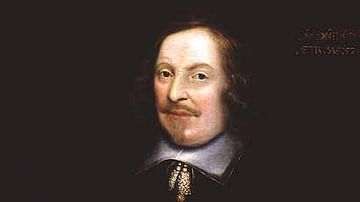
Definition
Edward Winslow
Edward Winslow (l. 1595-1655 CE) was a member of the separatist congregation (later known as pilgrims) which sailed aboard the Mayflower in 1620 CE to establish the Plymouth Colony in modern-day Massachusetts, USA. He became one of the more...

Image
Edward Winslow
Portrait of Plymouth Colony Governor Edward Winslow (l. 1595-1655 CE) by or after Robert Walker, 1651 CE. Pilgrim Hall Museum, Plymouth, MA Edward Winslow was one of the passengers of the Mayflower voyage of 1620 CE and a prominent member...
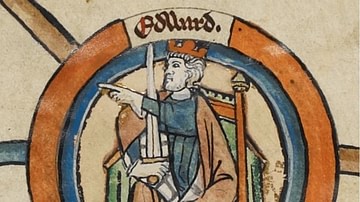
Definition
Edward the Elder
Edward the Elder (r. 899-924) was the son of Alfred the Great (r. 871-899) and the King of the Anglo-Saxons in the early 10th century. He is known for his military victories over the Vikings of East Anglia and the East Midlands and for consolidating...

Definition
Edward III of England
Edward III of England reigned as king from 1327 to 1377. Succeeding his father Edward II of England (r. 1307-1327) following his enforced abdication and then murder, Edward III would take revenge on his father's enemies, who included the...
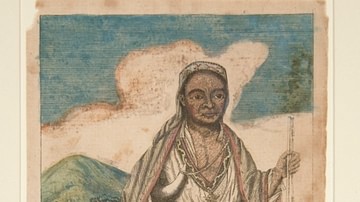
Definition
King Philip (Metacom)
Metacomet (also known as King Philip and Metacom, l. 1638-1676) was chief of the Wampanoag Confederacy between 1662-1676, best known as the leader of Native American forces during the conflict known as King Philip’s War (1675-1678) during...
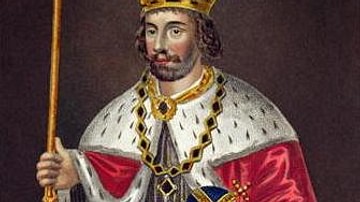
Definition
Edward II of England
Edward II of England reigned as king from 1307 to 1327 CE. Succeeding his father Edward I of England (r. 1272-1307 CE), his reign saw a disastrous defeat to the Scots at Bannockburn in June 1314 CE, and the king's lack of political and military...
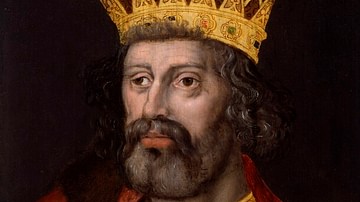
Definition
Edward I of England
Edward I of England reigned as king from 1272 to 1307 CE. Edward succeeded his father Henry III of England (r. 1216-1272 CE) and was known as 'Longshanks' for his impressive height and as 'the Hammer of the Scots' for his repeated attacks...
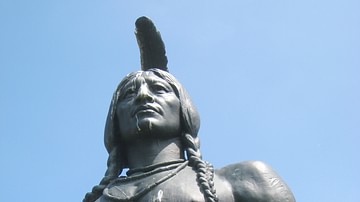
Definition
Massasoit
Massasoit (l. c. 1581-1661) was the sachem (chief) of the Wampanoag Confederacy of modern-day New England, USA. Massasoit (also given as Massasoyt) is a title meaning Great Sachem; his given name was Ousamequin of the Pokanoket tribe of modern-day...
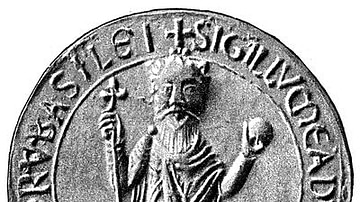
Definition
Edward the Confessor
Edward the Confessor, also known as Saint Edward the Confessor, reigned as king of England from 1042 to 1066 CE. Edward was reliant on the powerful Godwine (aka Godwin) family to keep his kingdom together but his achievements included a relatively...

Definition
Edward the Black Prince
Edward of Woodstock (1330-1376 CE), better known as the Black Prince after his distinctive armour or martial reputation, was the eldest son of Edward III of England (r. 1327-1377 CE). Made the Prince of Wales in 1343 CE, Edward would fight...